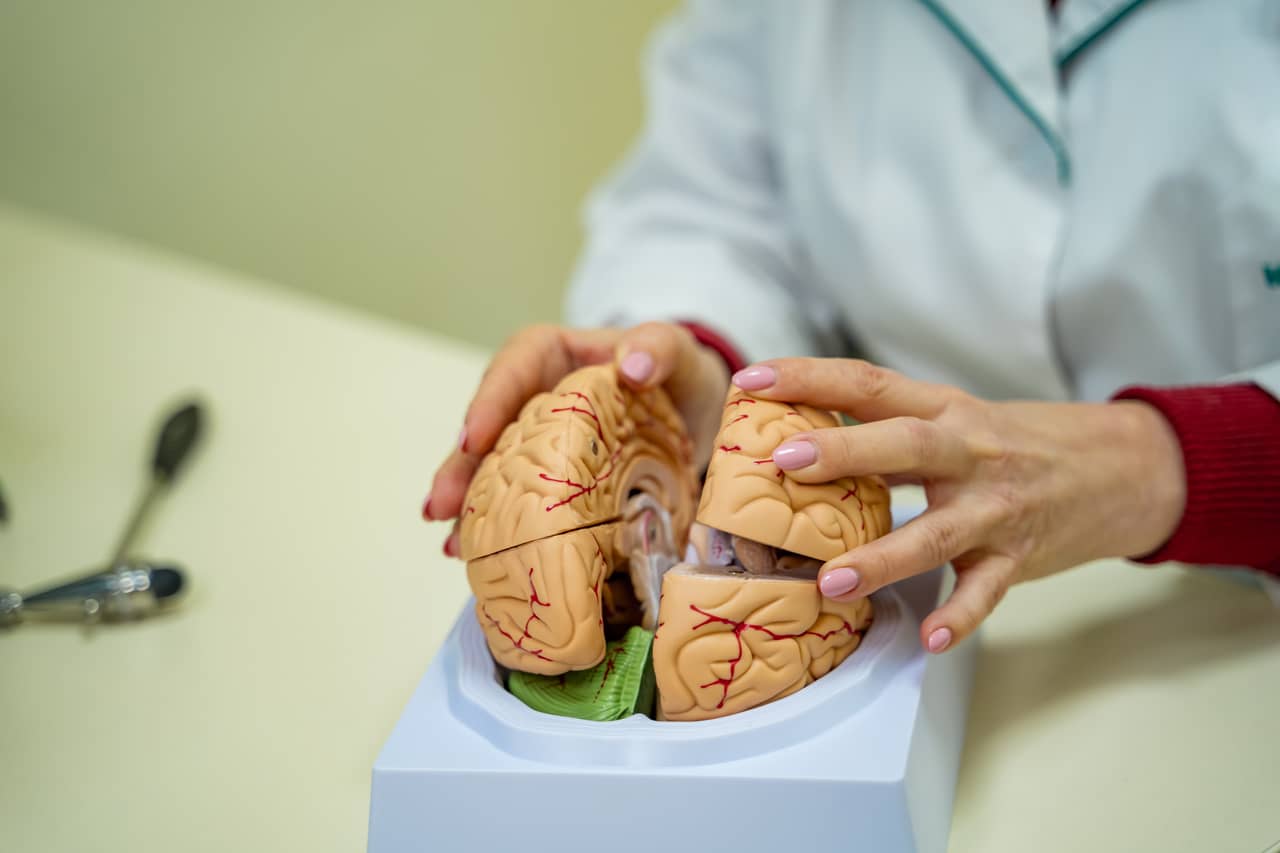Physiological Psychology is a branch of behavioral neuroscience (biological psychology) that investigates the neural mechanisms of perception and behavior in nonhuman animal subjects through controlled experiments involving direct manipulation of their brains.
When studying the brain and human behavior, this field of psychology employs an empirical and practical approach. Physiological psychology investigates human behavior, emotion, thought, perception, learning, psychopharmacology, memory and all other elements of psychology in terms of biological structures (different regions of the brain and organs of the endocrine system) and physiological processes.
The foundation for all of these studies is the concept of how the nervous system interacts with other body systems to produce a specific behavior. The majority of researchers in this field believe that the mind is a neurological phenomenon.
Physiological psychologists can uncover many truths about human behavior by studying and learning about the mechanisms of the nervous system. Humans have always been fascinated by how things work, and this fascination extends to the inner workings of the human body.
From this biological foundation, it is only a short step to investigate the brain’s ‘workings,’ which are not based on ‘rods and pulleys,’ but rather electrically and chemically. The question then becomes whether the brain and mind are synonymous, and whether the mind controls the body.
This is known as the mind/body dilemma. There are two approaches to finding solutions:
The mind and body are said to be separate in dualism: the body is matter, but the mind transcends it. Both of them work independently. (A proponent of this viewpoint was the eighteenth-century French philosopher Descartes.)
Monism holds that matter and energy make up the universe, including the human body, and that the mind is a product of the nervous system’s operations. This is the approach taken by physiological psychologists, who believe that empirical, practical investigations into the workings of the body, particularly the nervous system, will solve the mind/body problem and help to explain the relationship between input, thought processes, and behavior.
Physiological psychology is a branch of psychology that studies the body’s reaction to a behavior or activity in an organism. It is concerned with the brain cells, structures, components, and chemical interactions involved in the production of actions.

The nervous system can be thought of as a control system that connects all of the other body systems. The brain, spinal cord, and other nerve tissues throughout the body make up the central nervous system.
The key role of the system is to react to internal and external stimuli in the human body. It is made up of nerve cells called neurons, and it uses electrical and chemical signals to send responses to various parts of the body. Messages are sent to body tissues like muscles through this system.
The central nervous system and the peripheral nervous system are the two major subdivisions of the nervous system. The brain and spinal cord makes up the central nervous system. The brain is the body’s control center, with millions of neural connections. This organ is in charge of sending and receiving messages from the body and its surroundings.
Each part of the brain is dedicated to a specific aspect of the human being. The temporal lobe, for example, is important for vision and audition, whereas the frontal lobe is important for motor function and problem solving.
The spinal cord is connected to the brain and serves as the primary link between nerves and the brain. The peripheral nervous system refers to nerve tissue that exists outside of the central nervous system. The autonomic and somatic nervous systems are subsets of this system.
The autonomic nervous system is the involuntary component of the body that regulates organs and mechanisms such as digestion and respiration. The somatic system is in charge of relaying messages from the brain to various parts of the body, whether it is receiving sensory stimuli and sending them to the brain or sending messages from the brain to cause muscles to contract and relax.

Career Opportunities in Physiological Psychology Field
Physiological psychologists used to get a lot of their training in psychology departments at big universities. Physiological psychologists are currently being trained in behavioral neuroscience or biological psychology programs affiliated with psychology departments, as well as in interdisciplinary neuroscience programs.
Further Reading:









